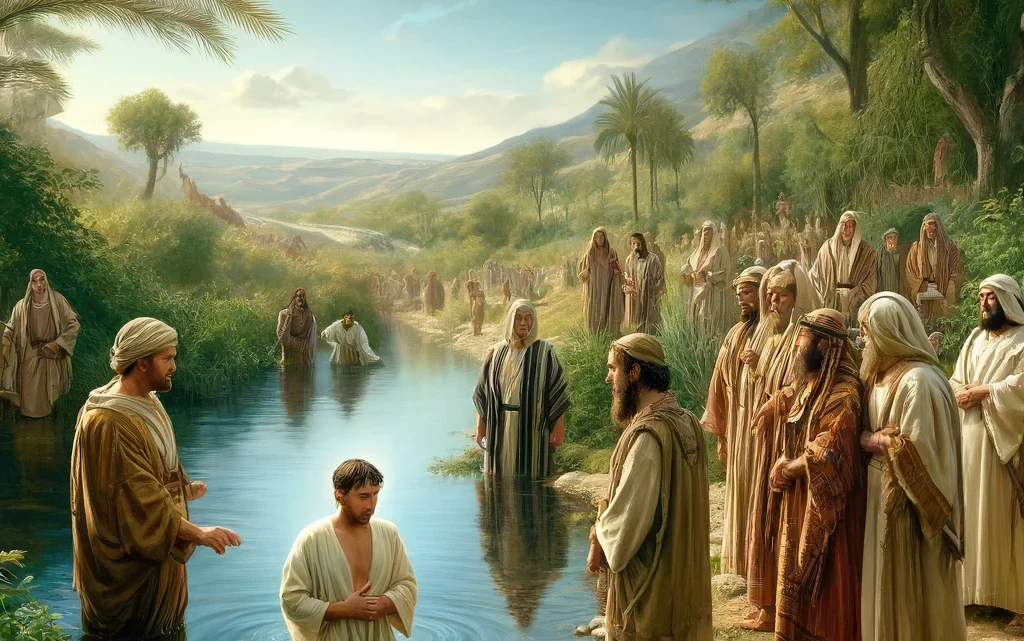Beyond the Waters: The Journey from Mikveh to a Renewed Covenant


The transition from the traditional Jewish mikveh to the baptism introduced by John the Baptist and perfected by Yeshua (Jesus) encapsulates a profound spiritual evolution. This journey through water not only signifies purification but also represents entry into a renewed covenant with God, characterized by repentance, rebirth, and transformation. Below, we explore the scriptural underpinnings and theological nuances of this sacred rite, highlighting its significance from ancient practices to the renewal of faith in the Messiah.
The Ancient Path: Mikveh and Ritual Purity
The mikveh is a ritual bath that plays a critical role in Jewish religious life, aimed at achieving ritual purity. Various circumstances, such as conversion to Judaism, purification after menstruation or childbirth, and preparation for the Sabbath or festivals, necessitate immersion in a mikveh. This practice, deeply rooted in Torah, is seen in passages like Leviticus 15:13, where purification after uncleanness is discussed, and Numbers 19:17-19, detailing the use of “living water” for purification from sin.
The Call to Repentance: John’s Baptism
John the Baptist’s introduction of baptism was a significant departure from mikveh, focusing on repentance and the anticipation of the Messiah. His call was for a one-time immersion in the Jordan River as a public commitment to turn away from sin. This act of baptism, unlike the recurring mikveh, was a public declaration of an individual’s desire to prepare for the coming kingdom of God, as narrated in Matthew 3:1-6 and Mark 1:4-5, emphasizing the need for repentance and the forgiveness of sins.
Entering the Renewed Covenant: Baptism by Yeshua
Yeshua’s baptism presented a further development, symbolizing entry into a renewed covenant with God. This was not merely a physical or ritual purification but a spiritual rebirth. It signified the believer’s identification with Yeshua’s death and resurrection, as detailed in Romans 6:3-4, where Paul describes baptism as joining in Yeshua’s death and rising to walk in newness of life. Colossians 2:12 further illuminates this concept, presenting baptism as being buried with Yeshua and raised through faith in the powerful working of God.
Key Aspects of the Renewed Covenant
• Covenant and Community: This baptism ushers believers into a community of faith, under a renewed covenant, emphasizing a spiritual lineage and destiny shared with Abraham (Galatians 3:27-29).
• Empowerment by the Holy Spirit: The New Testament baptism involves the receipt of the Holy Spirit, marking the believer for service and signifying God’s indwelling (Acts 2:38).
• Universal Invitation: Yeshua’s baptism transcends the boundaries of Jewish law, extending the covenantal promise to all of humanity, thereby fulfilling the prophecy of a light to the nations (Isaiah 49:6).Through baptism, believers are invited into a profound relationship with God, characterized by a continual process of transformation and renewal. This journey from mikveh to baptism underscores the dynamic nature of faith, revealing a path from ritual purity to a deeply personal and communal engagement with the divine.

